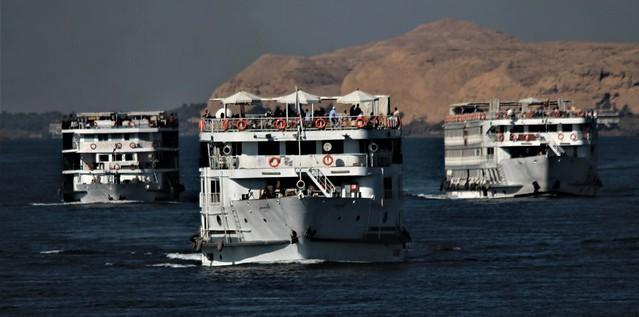Basoko
Overview
Geographical Setting
Basoko is a vibrant city located in the Tshopo province of the Democratic Republic of the Congo (DRC), nestled along the banks of the majestic Congo River. This picturesque setting provides a stunning backdrop for both locals and visitors, as the river is one of the longest and most significant waterways in the world. The lush landscapes surrounding Basoko are characterized by dense tropical forests, making the area rich in biodiversity and natural beauty. The climate is typically tropical, with a wet season that brings heavy rains, contributing to the region's lush vegetation.
Cultural Heritage
The cultural tapestry of Basoko is woven from the diverse ethnic groups that inhabit the region, including the Luba and Mongo peoples. Visitors can immerse themselves in the local culture by experiencing traditional music, dance, and art. The vibrant rhythms of the mbonda (traditional drums) fill the air during festivities, and colorful clothing is often worn by locals during these celebrations. The markets in Basoko are bustling with activity, showcasing handcrafted goods such as baskets, sculptures, and textiles that reflect the artistic expression of the community. Engaging with local artisans can provide travelers with a deeper understanding of the cultural significance behind each piece.
Historical Significance
Basoko has historical importance that dates back to the colonial period, when it served as a trading post for European explorers and traders. This history is still palpable today, as remnants of colonial architecture can be found throughout the city. The influence of Belgian colonization has left a mark on the region, evident in some local customs and infrastructure. Learning about the history of Basoko offers crucial insights into the broader narrative of the DRC, including the struggles and resilience of its people throughout various historical epochs.
Atmosphere and Lifestyle
The atmosphere in Basoko is one of warmth and hospitality, with locals often eager to share their stories and experiences with travelers. The pace of life is generally slower compared to urban centers, allowing visitors to soak in the laid-back lifestyle. The city is a hub for agriculture and fishing, and this is reflected in the local cuisine, which includes dishes made from cassava, plantains, and fresh fish from the river. Street vendors and small eateries offer a delightful array of local foods, providing travelers with an authentic taste of Congolese cuisine.
Natural Attractions
Nature lovers will find plenty to explore in and around Basoko. The surrounding forests are home to an array of wildlife, including birds, monkeys, and other indigenous species. The Congo River itself offers opportunities for fishing, canoeing, and exploring the natural beauty of the region. Guided tours can be arranged to explore nearby national parks, where travelers can witness the rich flora and fauna of the Congo Basin. The stunning sunsets over the river are a spectacle not to be missed, providing perfect moments for photography and reflection.
Travel Tips
Traveling to Basoko can be an adventure in itself, as infrastructure may vary. It is advisable for travelers to plan their journey ahead, considering the best modes of transport, which may include river travel or local buses. Engaging with local guides can enhance the experience, providing insights into the history, culture, and hidden gems of the city. Additionally, it is essential to respect local customs and traditions, as this fosters goodwill and enriches interactions with the community. Basic knowledge of French or Lingala can be beneficial, as these languages are commonly spoken in the region.
In summary, Basoko offers a unique glimpse into the heart of the DRC, where culture, history, and natural beauty intersect. Travelers who venture to this enchanting city will find themselves captivated by its rich heritage and the warmth of its people.
Other towns or cities you may like in Democratic Republic of the Congo
Explore other cities that share similar charm and attractions.




